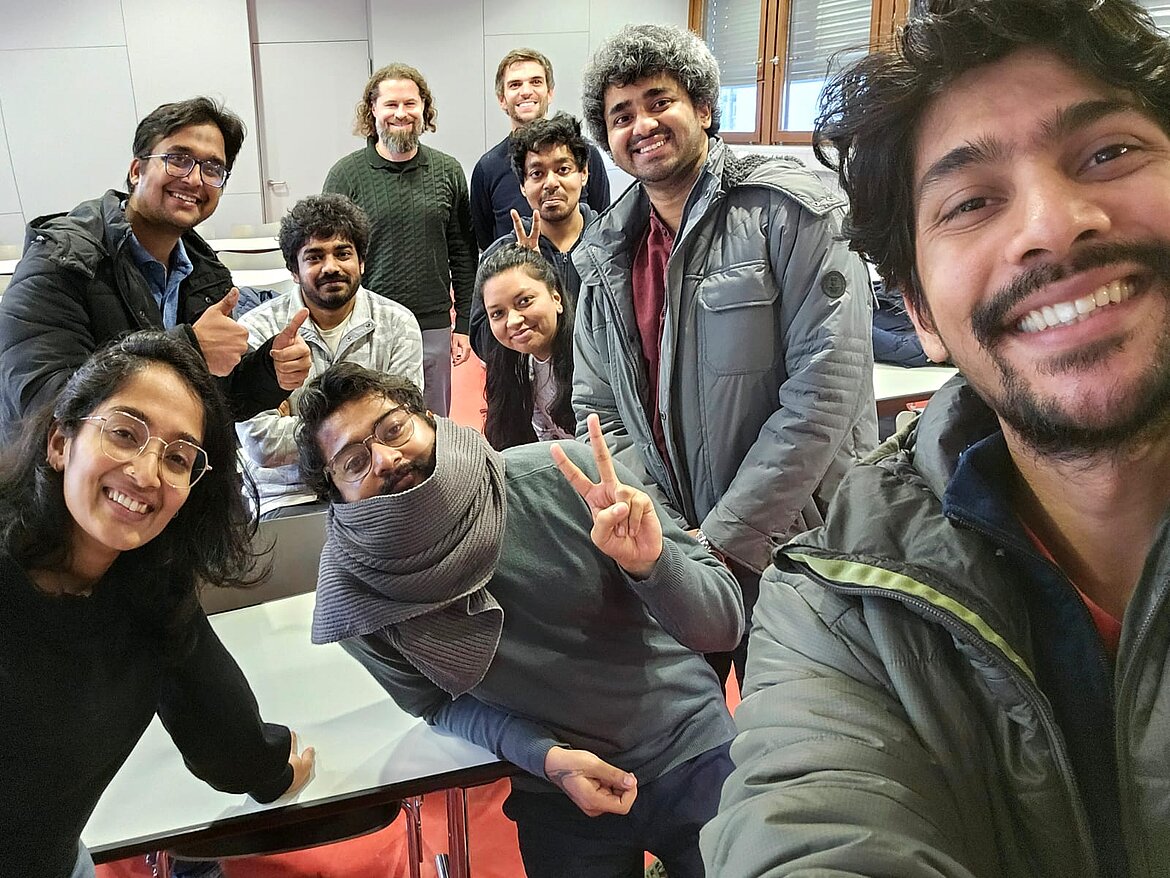The Importance of Resilient Supply Chains and Circular Economy
News
In our Global Sourcing and Supply Chain Management Course, Prof. Frank Schätter from Pforzheim University introduced to us the basic concepts of a supply chain and how effective and efficient logistics’ strategies can help not only in cost reduction but also to improve customer satisfaction. In the module, we discussed different aspects like e.g., the recent trends that call for a more resilient and robust supply chain as well as tools to track and monitor logistics. We also got an overview of current research initiatives of the business school and discussed, by going through recent case studies (COVID and natural disasters), how for a supply chain to be resilient, it is important to identify the Key Resilient Areas (KRAs) and derive tactical, strategic, and operational strategies to mitigate the risk and create alternative arrangements to absorb the external shocks.
In the second part of the course, we interacted with Dr. Hendrik Reefke, visiting professor and Director of MSc in Logistics, Procurement and Supply Chain Management at Cranfield University. He gave us a comprehensive view of how supply chains can be made sustainable and circular by explaining to us the challenges that lie ahead and the importance of adhering to the global sustainability goals of limiting GHG emissions, building local supply chains or using renewable energy. Besides different modes of transport we also discussed warehousing, a key topic in storing inventory and movement, with real-life case studies and scenarios.
One of the highlights of the course was the ‘learning by doing and teaching’ workshop where we got a chance to work in teams on two critical topics: Resilient Supply Chains and Circular Supply Chains. Throughout the course of a month, we were mentored by Frank and Hendrik and delivered a team presentation about our respective topics after researching thoroughly about the key drivers, cost advantage, benefits, challenges and the future of resilient and circular supply chains. It was a fantastic experience for all of us, as we also had role-plays, quizzes in the session which helps us in cementing our understanding of the concepts through interactive learning.
Working with and learning from both professors helped us strengthen our understanding of the discussed topics. Thanks for an amazingly informative course, Frank and Hendrik! Special thanks to Hendrik for visiting us as our guest faculty and sharing his global experience with us. We look forward to staying connected and discussing the supply chain topics with you 😊
Text and photos: Aditya Yardi, Class of 2025



